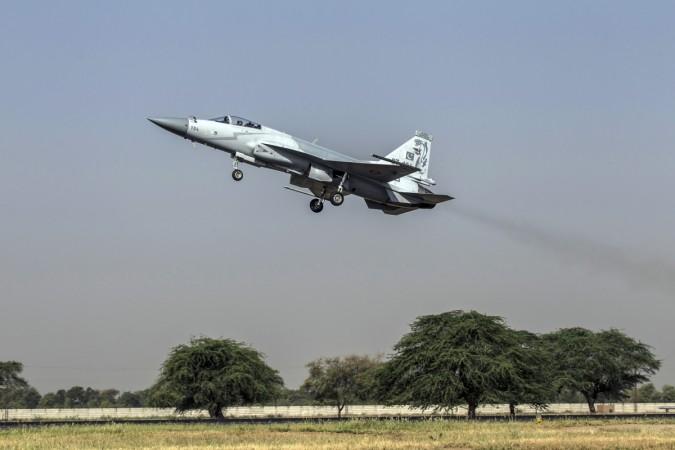
China and Pakistan on Friday discussed co-producing ballistic missiles and advanced military aircraft during Pakistan's new Army Chief General Qamar Javed Bajwa's first visit to China, according to State media.
The discussion between the countries has come a few months after China denounced India's development of ballistic missiles and slammed the fourth test of Agni V as a violation of United Nations Security Council resolutions.
Talks between visiting Pakistani Army Chief and Fang Fenghui, chief of the Joint Staff Department under the Central Military Commission of China, covered weapon exchanges, including the mass production of FC-1 Xiaolong- a lightweight and multi-role combat aircraft developed jointly by the two countries, according to the Global Times– a tabloid affiliated with the People's Daily group.
China has given "authorisation to Pakistan to produce ballistic missiles, cruise missiles, anti-aircraft missiles, anti-ship missiles and main battle tanks in Pakistan", the tabloid stated, according to India Today.
The spokesperson for Chinese Foreign Ministry Hua Chunying, however, said that the ministry was not aware of any missile cooperation agreement between the countries.
"The Chinese military released information on meetings between the Pakistan Chief of Army Staff with his [Chinese] counterpart. From the news release we didn't see anything on an agreement on ballistic missiles. What I can tell you is China and Pakistan maintain normal defence exchanges and relevant cooperation," Hua Chunying said.
The two countries also reportedly discussed the security of the China-Pakistan Economic Corridor (CPEC) on Thursday.
Pakistani Ambassador to China, Masood Khalid, on Tuesday, had stated that Pakistan has deployed more than 15,000 troops to protect the CPEC, apart from raising a naval contingent to barricade Gwadar Port.
According to reports, China is planning a five-fold increase in its marine force, from 20,000 to 1,00,000 personnel. Some of the Chinese marines reportedly would be stationed at Djibouti in Africa, and the Pakistani port of Gwadar, the starting point of the CPEC, a Hong Kong-based South China Morning Post had earlier reported.









